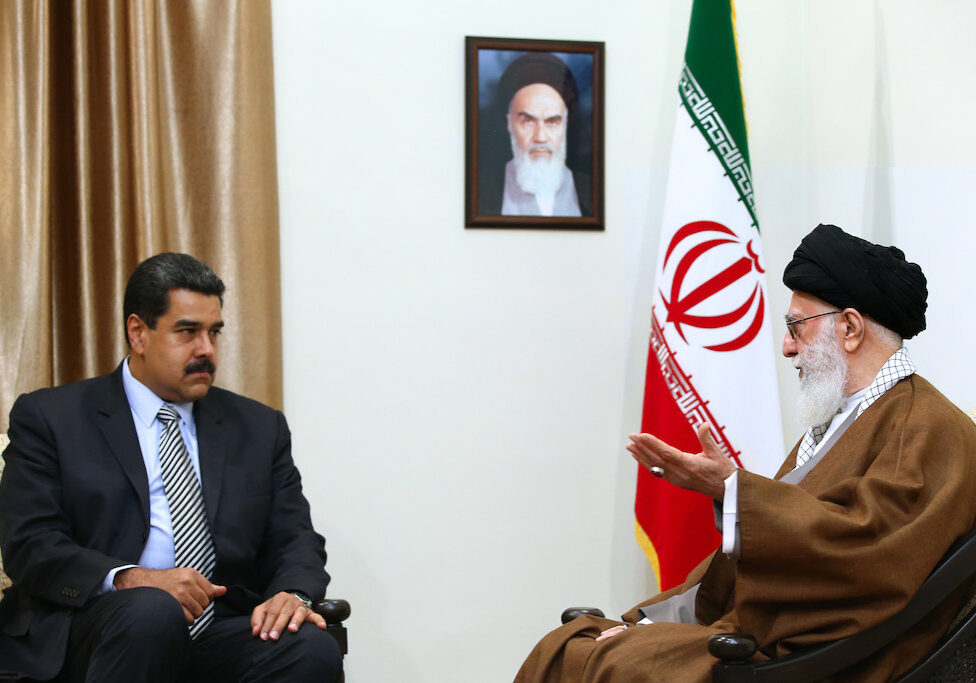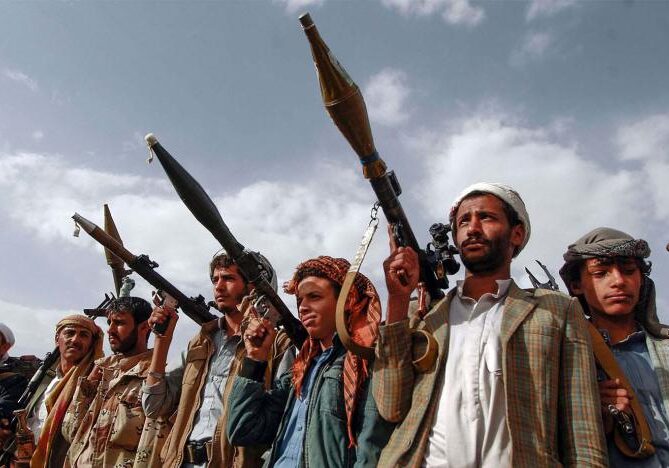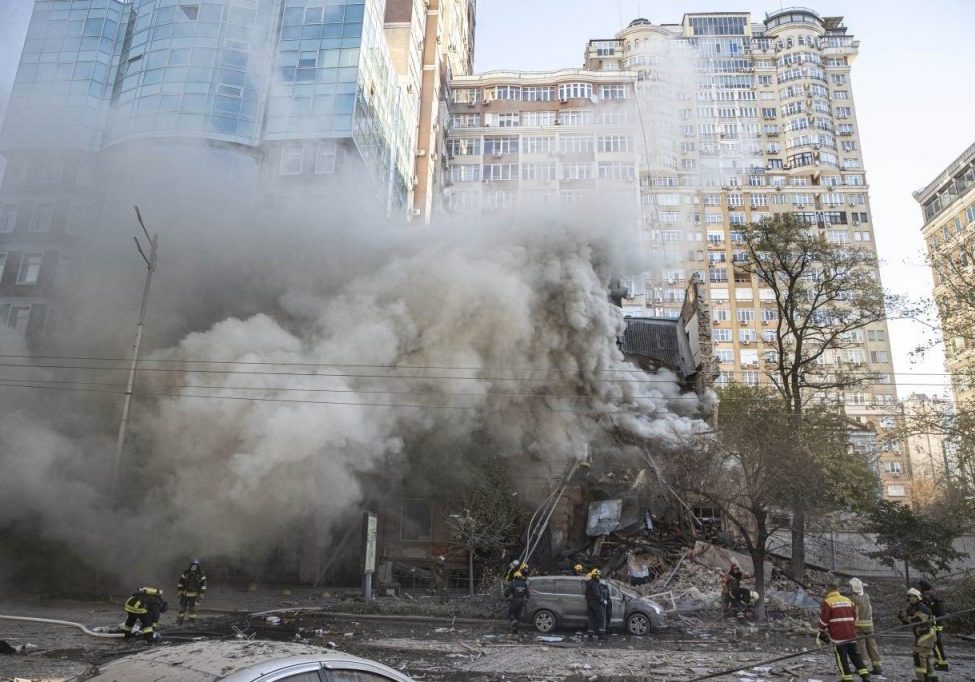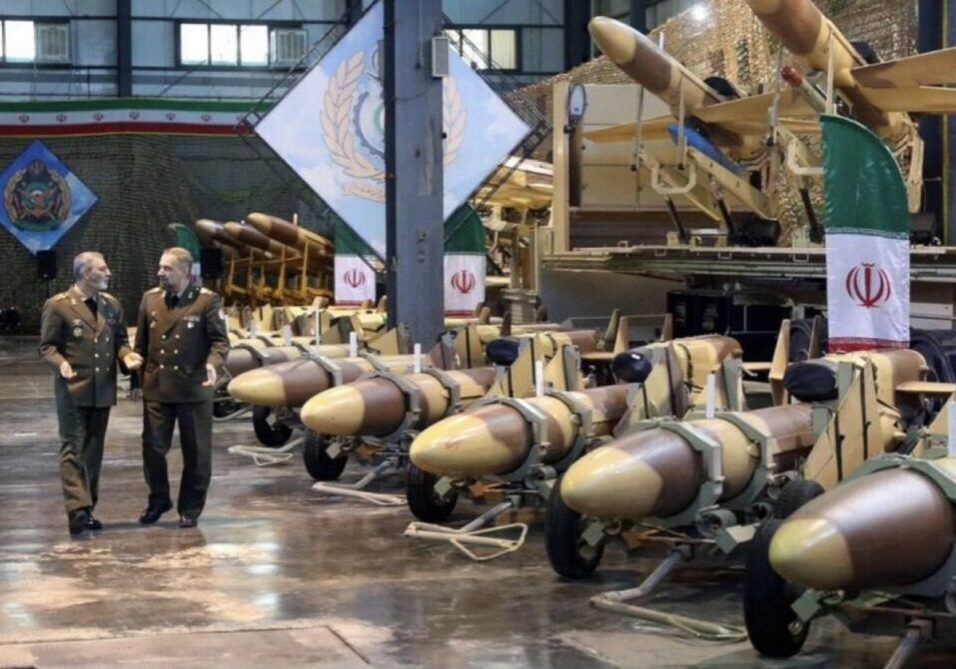Australia/Israel Review
The Dangerous US-Russia game in Syria
Mar 5, 2018 | Noah Rothman
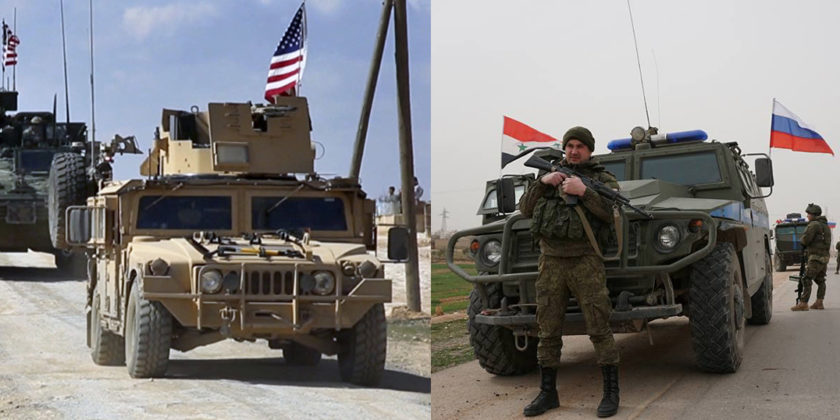
Observers no longer have the luxury of throwing up their hands in frustration over the confused situation on the ground in Syria. As the Wall Street Journal‘s Yaroslav Trofimov demonstrated, unpacking the bewildering complexity of the conditions that prevail on the ground now that the ISIS threat has receded leaves observers with the terrifying realisation that great power conflict is not so difficult to imagine.
In just one week in February, according to Trofimov, Damascus allowed US-backed Kurdish proxies to fight forces loyal to Turkey, another American ally. That conflict is leading Turkey to threaten American troops, who are supporting Kurdish forces in an advisory capacity, raising the spectre of armed conflict between two NATO allies. At the same time, the Syrian regime targeted a US-held position in another part of the country, which led the US to execute retaliatory strikes on those pro-regime forces – strikes that killed at least 100 pro-Syrian proxies and Syrian soldiers and a substantial number of Russian contractors. This is to say nothing of the increasingly hot war between Israeli forces and Iranian assets taking place in Syrian territory and airspace.
The situation in Syria is moving so fast that the article Trofimov published at 8:30 a.m. on Feb. 15 was dated within hours of its publication. He noted that Moscow has remained “determinedly silent” over reports that American firepower killed a significant number of Russian civilians performing combat roles in a theatre of war, even though reports indicated that those casualties were being treated in Russian Ministry of Defence hospitals. Russia’s RIA news agency went so far as to call reports of hundreds of Russian casualties “classic disinformation.” Moscow’s caution has since disappeared.
Russian Foreign Ministry spokeswoman Maria Zakharova subsequently confirmed that a US strike in the eastern Deir el-Zour province killed five Russian civilians. Informal estimates suggest the Russian death toll could be as high as 300. The formal acknowledgment that Russians died amid a barrage of American bombs represents a shift in Moscow’s tone and introduces a dangerously unpredictable political element to what was previously a tightly controlled dynamic.
The US-Russian relationship in Syria has been a frosty one with its share of risks. Russia’s direct intervention in the Syrian civil war began with strikes on anti-Assad militias covertly supported by the West and on the CIA-provided weapons depots that supplied them. Those strikes exposed to the world what had previously been a black program. Russian fighters have routinely harassed US jets and unmanned aerial vehicles and invaded NATO airspace – a pattern that culminated in the downing of a Russian warplane over Turkish soil in mid-2015. Meanwhile, Syrian insurgents have been filmed destroying Russian armour and helicopters using sophisticated US weaponry.
As both Russian and American direct involvement in Syria has deepened and mutual hostility intensified, so, too, has the danger. In July 2016, Russian aircraft targeted a base of operations used to train anti-Assad rebel forces, which had only been evacuated by US and British Special Forces 24 hours before it was destroyed. Four days later, Russian warplanes razed a CIA facility near the Jordanian border that housed the families of rebel soldiers. In March of last year, Russian and Syrian air assets targeted US-backed Syrian Arab Coalition fighters in the town of Al-Bab, raining ordnance down on positions just three kilometres away from where US commandos were located.
Both sides of this conflict were once committed to denying that they were prosecuting a proxy war against each other. That comforting fiction, apparently, no longer holds. Moscow’s decision to admit that American forces are directly responsible for Russian deaths adds an element of volatility to an already tense situation. If roles were reversed, it’s hardly inconceivable that the American public would demand a response to that kind of Russian aggression. Nor is it difficult to foresee a scenario in which Russia’s political leaders see political utility in banging the drum over America’s unchecked recklessness and hostility in Syria. Once that dynamic sets in, there’s no telling where and how it ends.
Every nation with forces on the ground or in the skies over Syria has interests in that country that are regarded as vital. Those nations have sunk costs into the preservation of those interests, and that investment is not going to be abandoned any time soon. The prospect of an accidental engagement between two nations with conflicting interests cannot be dismissed. If such a clash were to occur, the mechanisms by which it might be defused and tensions resolved are untested and could fail. The result could be a cascading series of disproportionate escalations – a cycle from which there is no face-saving way out. That is the stuff of nightmares.
Americans and Russians are now shooting at one another on faraway battlefields – a fateful situation that representatives of both nations have desperately sought to avoid. We can only hope that everyone recognises the terrible danger of the game they’re playing.
Noah Rothman is the Associate Editor of Commentary. © Commentary magazine (www.commentarymagazine.com), reprinted by permission, all rights reserved.
Tags: Russia

